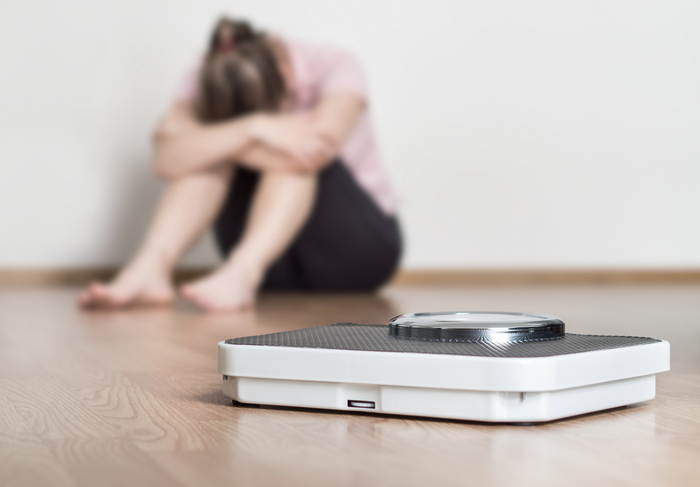There are 91 centers operating in Italy to treat eating disorders in public health facilities.
Over half are in the North and mainly assist girls (90% of patients), the most affected by far first of all by anorexia, then by bulimia and binge drinking.
59% of users are between 13 and 25 years of age, but there are also children under the age of 12 (they are 6%).
The first mapping of the NHS centers created by the ISS arrives: an online platform, interactive and updatable in real time, where all the centers dedicated to the treatment of eating disorders are registered, which during the pandemic had a resurgence along with many other mental disorders.
The result was achieved through the MA.NU.AL project that the Ministry of Health, as part of the Central Actions of the CCM, has entrusted to the National Addiction and Doping Center of the Istituto Superiore di Sanità.
From 2022, the census will also involve accredited private structures.
As of 31 December 2021, the mapping counted 91 structures throughout the national territory: 48 centers in the North (of which 16 in Emilia Romagna), 14 in Central Italy and 29 in the South and Islands.
There are 963 professionals working in the centers, all trained and up-to-date: above all psychologists (24%), child psychiatrists or neuropsychiatrists (17%), nurses (14%) and dieticians (11%). There are also professional educators (8%), internists and pediatricians (5%), medical specialists in clinical nutrition and food science (5%), psychiatric rehabilitation technicians (3%), social workers (2%) and finally physiotherapists (1%) and motor rehabilitation operators (1%).
65% of the centers surveyed account for over 8000 users. Just under three thousand have been in treatment for more than 5 years and in the last reference year (2020) alone, about 4,700 patients made a first visit. Compared to the most frequent diagnoses, anorexia nervosa is represented in 42.3% of cases, bulimia nervosa in 18.2% and binge eating disorder in 14.6%. The paths include psychotherapeutic interventions (100%), psychoeducational (99%), nutritional (99%), pharmacotherapy (99%), monitoring of the psychic-physical-nutritional condition (99%) and physical and social qualification or rehabilitation ( 62%).
Psychotherapeutic interventions include individual (98%), family (78%) and group (66%) approaches.
The services are generally provided with health insurance (78%) but can also be provided free of charge (29%) or be provided in an intramoenia regime (9%).
Almost all the services surveyed detect the onset of the disease (98%), the time elapsed between the onset and patient care (97%) and any previous treatments (98%).
The centers surveyed propose therapeutic courses, above all of a specialist type (92%) but also intensive outpatient or semi-residential (62%), while intensive residential rehabilitation is offered in 17% of the structures.
"The project - says Roberta Pacifici, head of the National Center for Addiction and Doping of the ISS - was created with the aim of offering a map of the resources present in the area and their assistance offer, to facilitate their knowledge and access. The pandemic emergency, moreover, has had heavy effects on people who suffer from these disorders, amplifying the problem. Aware of the further inconvenience that this health emergency has caused to patients and their families, the Ministry of Health and the Istituto Superiore di Sanità have considered the availability of a first reference ".




/cloudfront-eu-central-1.images.arcpublishing.com/prisa/YCO3PQLKSNBYHFVEPT47ZC3VGE.jpg)




